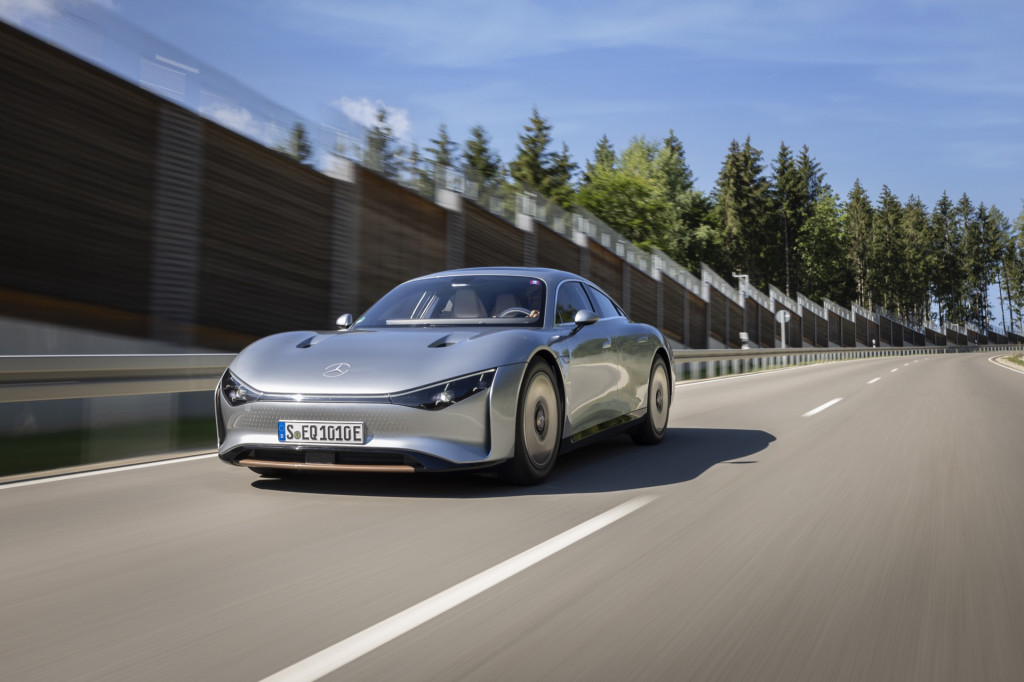EV fires tend to get a lot of attention, but the Insurance Institute for Highway Safety (IIHS) warns that EVs' added weight—and the damage it can inflict on other road users—is the real safety concern.
"Fifty-five EV crash tests and zero fires later, I’m still worried about these batteries, but for a more mundane reason than their potential to burst into flames," Raul Arbelaez, vice president of the IIHS' research center, wrote last week in a blog post. "My biggest concern is how heavy they are and what all that extra vehicle weight means for the safety of people on the road, specifically occupants of lighter vehicles as well as pedestrians and bicyclists."

2022 GMC Hummer EV fitted with accessories - 2021 SEMA show
Current EVs generally weigh more than equivalent internal-combustion vehicles because of the large battery packs needed by most vehicles to achieve sufficient range. If automakers can't substantially reduce weight, then they should consider redesigning EV crash structures to help compensate for it in collisions with lighter vehicles, Arbelaez argues.
Making use of the available space that would otherwise be occupied by an engine, automakers could add crush space to the front ends of their EVs to achieve this, Arbelaez suggests.
"While we usually think about crumple zones as important for protecting a vehicle’s own occupants, additional space would also protect people in other, lighter vehicles."

Mercedes-Benz Vision EQXX
The extra weight of EVs compared to internal-combustion vehicles is something the IIHS has looked at before, but with a growing portion of EVs on the highways, it's definitely a growing concern. More of those EVs are also big trucks, the 9,000-lb GMC Hummer EV being one of the best examples of that trend.
In addition to safety concerns, added weight can have a negative impact on overall emissions. A recent study confirmed that lighter EVs are the greenest vehicles in terms of overall carbon footprint. Another study found that bigger batteries can boost particulate emissions—including and especially, from tires.
Not every automaker is locked into bigger batteries. Mercedes-Benz has considered going back to air-cooled batteries and emphasizing aero as part of an effort to go lightweight, demonstrating these ideas in its Vision EQXX concept.












